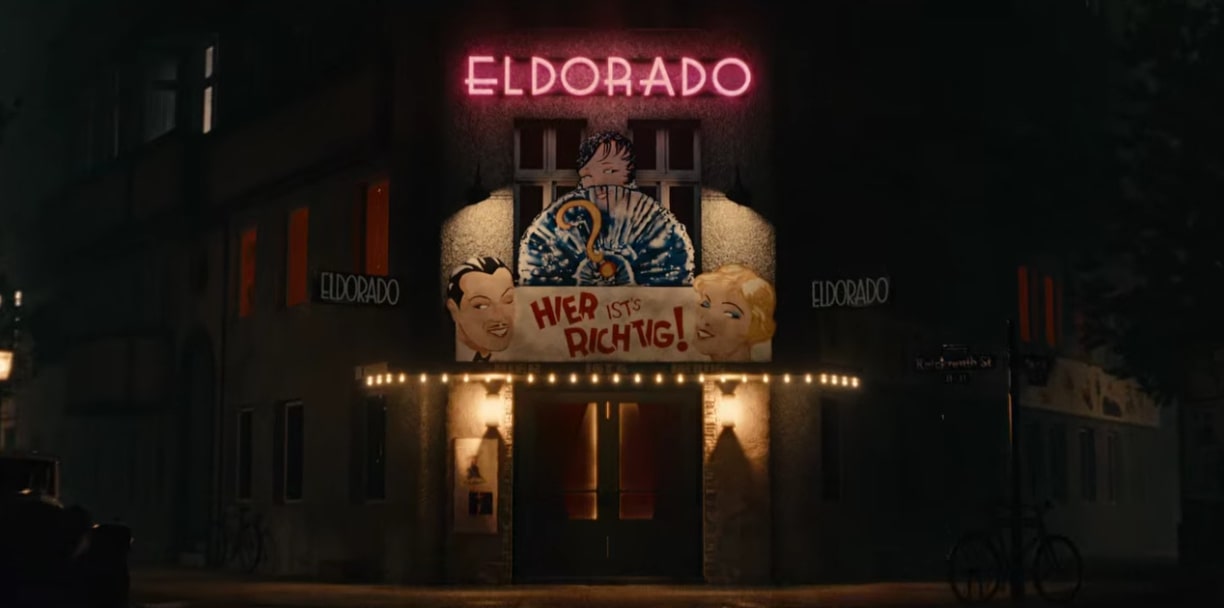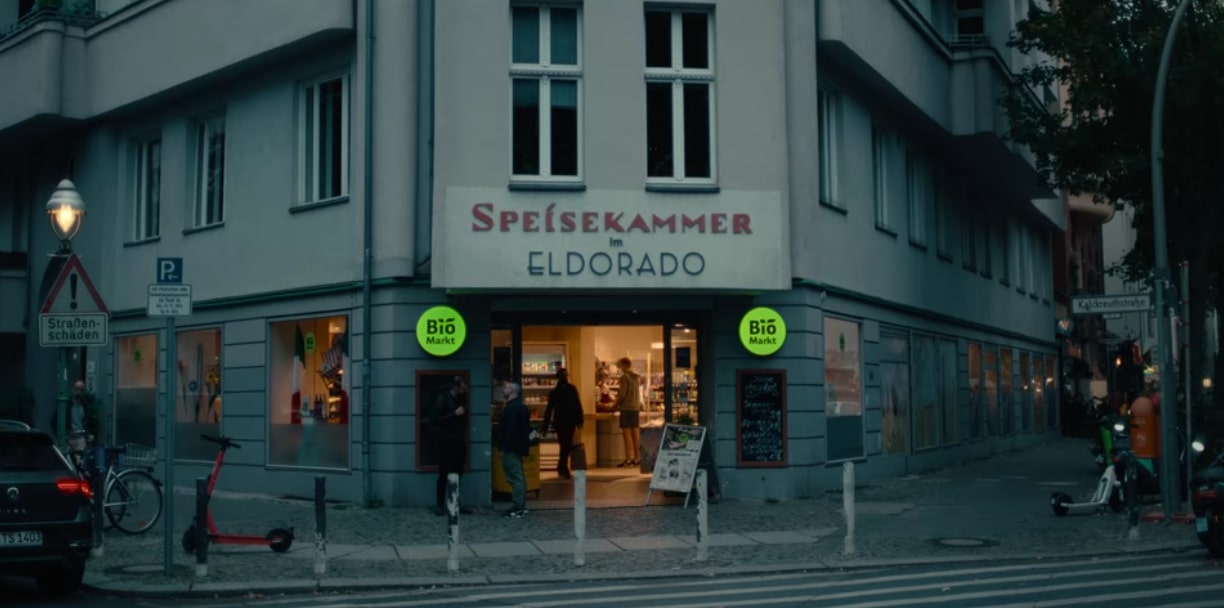If there’s one thing absolutely nobody can deny, it’s that the LGBTQ+ community has unfortunately been a target of many far-right groups throughout history, and the Nazis were no different. This much has actually been evidenced in Netflix’s ‘Eldorado: Everything the Nazis Hate,’ especially as it shines a light upon the place that’d become a haven for queers before Hitler’s rise to power. So now, if you simply wish to learn more about this Eldorado nightclub — an all-inclusive establishment with the immensely validating tagline “Here It Is Right” — we’ve got the details for you.
Eldorado’s Origins: A Trailblazer in Berlin’s Nightlife
As a hedonistic club and performance venue that unabashedly swayed away from the norm by having cabarets, drag shows, live music, as well as much more, Eldorado was the first of its kind. After all, it allowed gays, lesbians, trans individuals to not only be themselves but also be so in close proximity with the society’s rich and powerful without ever differentiating between the two. Therefore, despite there being a lot of electrifying nightlife facilities on the streets of Berlin in this unwaveringly happy era of the Golden Twenties, Eldorado was the one to have turned legendary.

The truth is the very first Eldorado niterie was launched as early as 1848 at Thorstraße 12 in Berlin, only for it to soon relocate to a different number on the same street before ultimately shutting down. Then there was Eldorado-Diele at Alte Jakobstraße 60 in Kreuzberg, yet this was billed as a cozy home for elderly men and had a different owner than the one whose venues subsequently thrived.
Ludwig Konjetschni was reportedly the proud entrepreneur behind three Eldorado locations between 1920 and 1932, two of which were outrightly well-known safe spaces for the LGBTQ+ community. We specify two because he’d actually set up the first club at Kantstraße 24 in Charlottenburg in 1920 as a mere “meeting point of the international sophisticated world,” just for it to close in 1928.
Ludwig’s second Eldorado location was at Lutherstraße 31/32 in the Nollendorfkiez area of Schöneberg (now changed to MartinLutherStraße 13), and it was loud, proud, and active from 1926 to 1930. Last but not least, there was Eldorado at Motzstraße 15/Kalckreuthstraße 11 in the same area — a corner venue that has held the most significance as it remained open from 1928 right until late 1932.
Eldorado’s Transformation: From Nightclub to History
Unfortunately, no; Eldorado hasn’t existed in its core nightclub sense ever since local police ordered the complete closure of all “homosexual dance pleasures” in December 1932 without a single warning. Though the worst part is that once Adolf Hitler was appointed chancellor the following month, he decided to gradually seize the club space at Motzstraße 15 to use it as the Nazi Party parliamentary headquarters.

Thankfully, every trace of the Nazis was removed from this location once World War II came to an end in 1945, and now this still-renowned corner spot honors its legacy in a very different manner. Motzstraße 15 (changed to Motzstraße 24) currently serves as an organic grocery store called Denns BioMarkt Im Eldorado — it was previously Speisekammer Im Eldorado, which translated to “Pantry in the Eldorado.”


You must be logged in to post a comment.